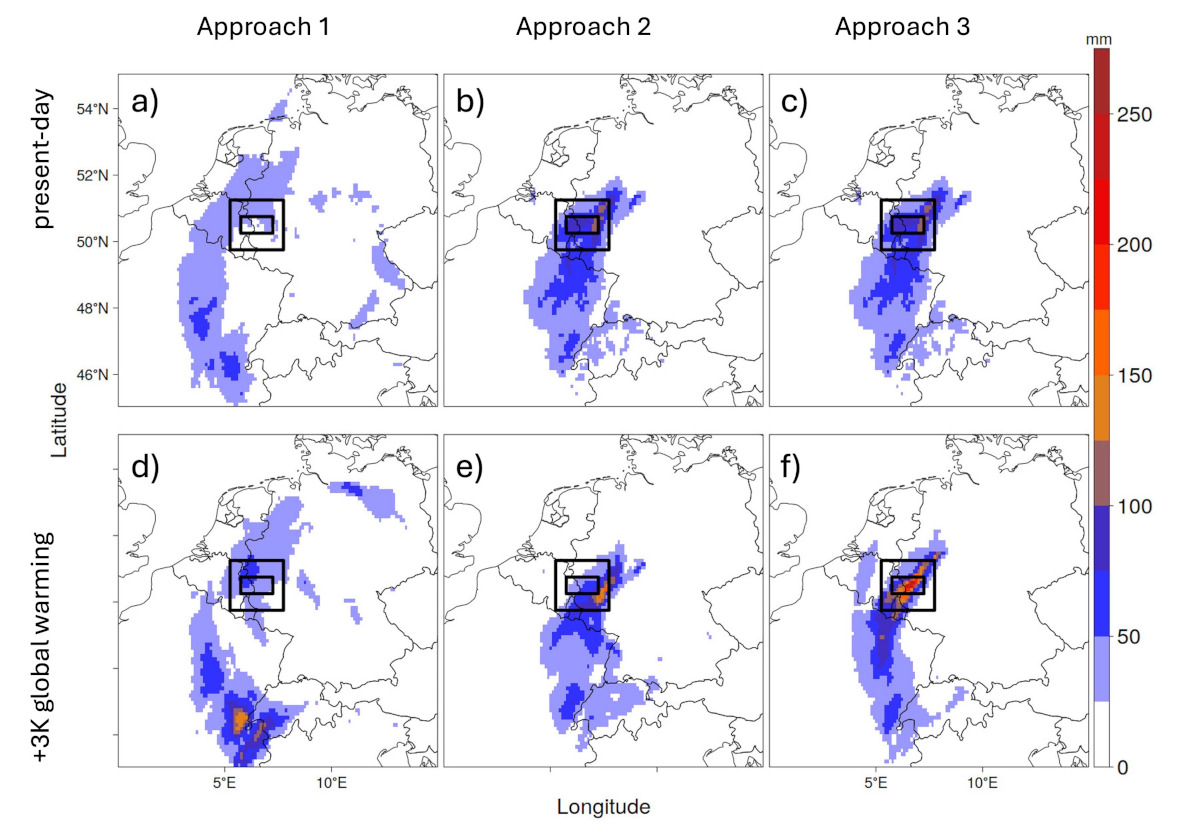New InnoPool project ACTUATE started
In January, the new InnoPool project ACTUATE (climate Adaptation sCenarios To redUce the impActs of exTreme Events) has started. The project is funded over a 3-year period by the Helmholtz research program ‘Changing Earth – Sustaining our Future’. The InnoPool projects serve to strengthen the cooperation between the different Helmholtz centers. The ACTUATE project, led by Patrick Ludwig (IMKTRO, KIT), will bring together scientists from the Helmholtz centres KIT, AWI, FZJ and GERICS.
The primary objective of ACTUATE is to explore climate adaptation scenarios, with the aim of generating knowledge urgently needed to anticipate and reduce the social, economic and environmental impacts of future meteorological extreme events. Utilising a hierarchy of numerical models, the project will explore the impacts of various types of extreme events, including but not limited to extreme precipitation and droughts, thereby challenging the limits of current modelling approaches. Particular attention will be directed towards impacts and adaptation strategies in relation to urban areas and agricultural management, with a regional focus on Europe. The project's primary research questions include the following:
- How can we concurrently reduce heat stress and improve air quality during future heat waves in urban areas?
- How resilient are different crop sequences and agricultural management strategies to future extremes?

ACTUATE will utilise a hierarchy of global, regional, land surface, hydrological, biogeochemical and urban models to simulate the impacts of future meteorological extremes in an event-based storyline framework. The main aim of IMKTRO is to address the limitations in accurately pinpointing the location and severity of extreme rainfall events when reproducing existing storyline simulations. In this context, we will develop a modelling approach by perturbing the initial data with different climate change anomalies. Figure 1 exemplary provides a comparison of different methods in simulating the Ahr-Flood event in July 2021 in a +3K warmer world. It is evident that the precipitation patterns and scaling during the event are represented differently in the simulations depending on the approach used. During the runtime of ACTUATE, a detailed investigation of the merits and drawbacks of the different approaches will be conducted. Finally, in ACTUATE we will not only transfer observed extreme events into warmer climates but also assess how their impacts could be mitigated through adaptation strategies using specialized urban/agricultural models.
Working group: Regional Climate Modelling
